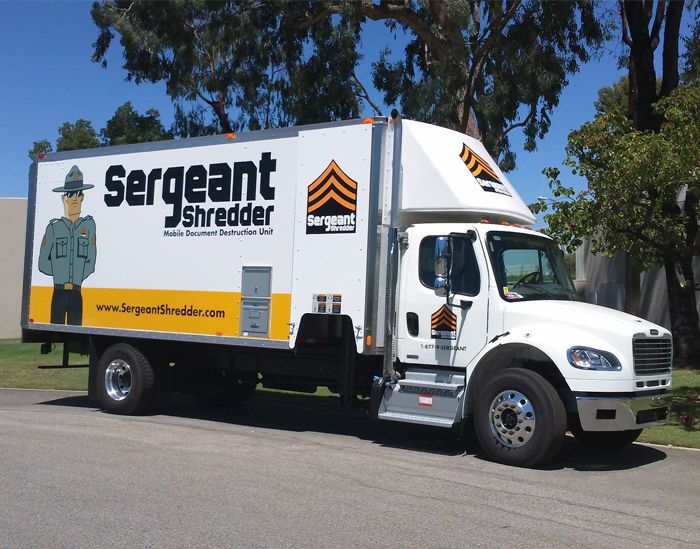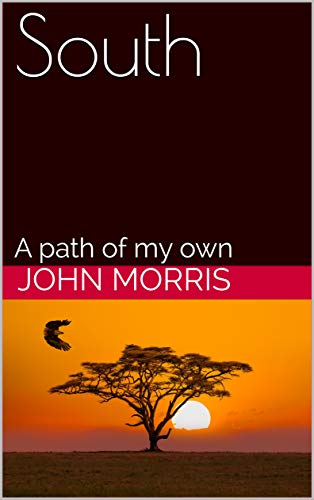We’ve deliberately chosen to be homeless.
Being homeless — with all the freedom it gives you — can make you feel like you’re a million miles from the burdensome life of homeownership. But getting from the latter to the former can be a lot faster and easier than you think.
One version of the American dream is to own your own home in a picturesque corner of America. But that’s not our dream. We’ve owned houses — and all the stuff that fills houses. The house and the stuff in it eventually become a burden — they tie you down — keep you from moving — make it difficult for you to live. We reached a stage where we were no longer willing to exist like that.
So we got rid of everything — everything that was tying us down. We sold one of our two cars. We sold some big things like televisions, appliances, and furniture. We even sold some of our clothes at consignment stores. We gave all the other stuff away to charities.
We went through all of the papers we had accumulated in drawers and files, and threw away everything we could. We held on to birth certificates and passports, and a few other things like a copy of the insurance policy for the car we kept. But not much else. We had a shredding service come by the house with a big truck and shred all the rest — what turned out to be boxes and boxes of paper. How did we ever accumulate all that paper?
And we got rid of all the sentimental stuff — photo albums (which we had lovingly and meticulously assembled over the years), high school yearbooks, souvenirs, and remembrances of our travels and our lives. This was really nothing more than stuff. Did having it really make our lives better? All of those photo albums had stood neatly on shelves in chronological order for years and years — and we never took them down and looked at them. They were a small part of the anchor of stuff that kept us rooted in one place.
We disconnected ourselves from our satellite television service and our landline telephone. We took a notice to the post office telling them we had no forwarding address and to never try to deliver mail to us again. We’re disconnected from the postal service. And when the census is taken during 2020, we — along with millions of other Americans — will not be counted.
The few connections to the accounts we needed to keep — to bank accounts, credit and debit card accounts, mobile phones, and the internet — we switched to an electronic format that avoids the mail. We can manage our limited financial needs using our laptop and mobile phones. While we technically have checking accounts, we haven’t written a check since we became homeless.
We stopped our newspaper and magazine subscriptions. But on the road, we’ve found ways to get news, read newspapers and magazines, like The Atlantic, and stay better read and better informed than most . (From being in Michigan and other states, and from talking to people across the country, we knew exactly what would happen on election night in November 2016.)
Then one summer day — after weeks of selling, discarding, and disconnecting — we put our remaining belongings in the back of our SUV and drove away from the house. We said goodbye to homeownership, home maintenance and repairs, lawn care, mortgage payments, property taxes, homeowners association assessments, and the homeowners association and its officers and annoyances. And we stopped having to worry that a hurricane or tornado would blow our house to pieces and our belongings to the winds.
Within minutes we were out of town, within hours we were out of state. We were living homeless, disconnected, and free.
You don’t know where you’re goin’ now
But you know you won’t be back
We’ll take what we can carry
And we’ll leave all the rest
Big wheels roll through fields where sunlight streams
Meet me in the land of hope and dreams
Bruce Springsteen


